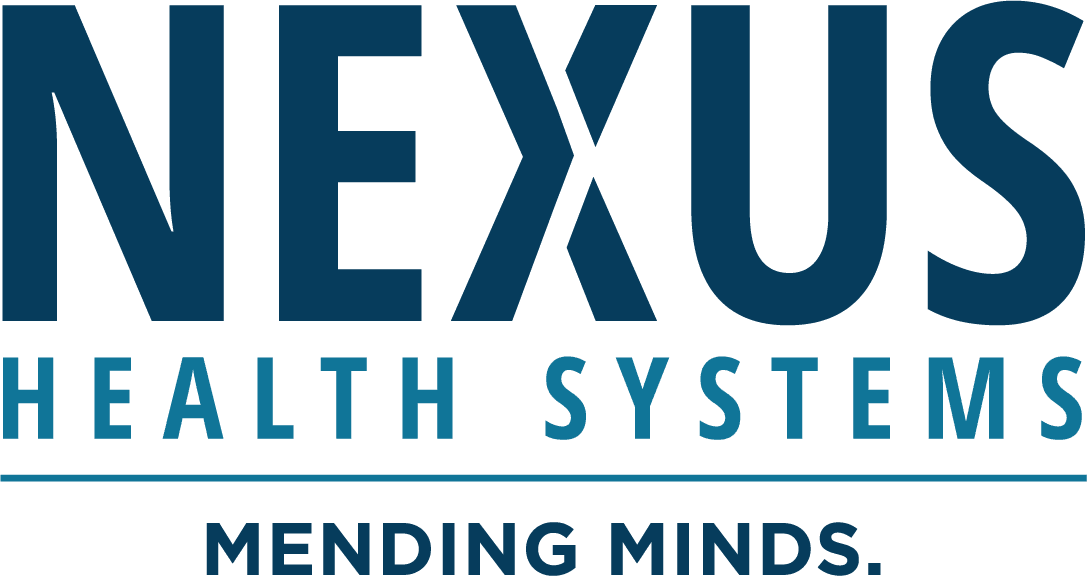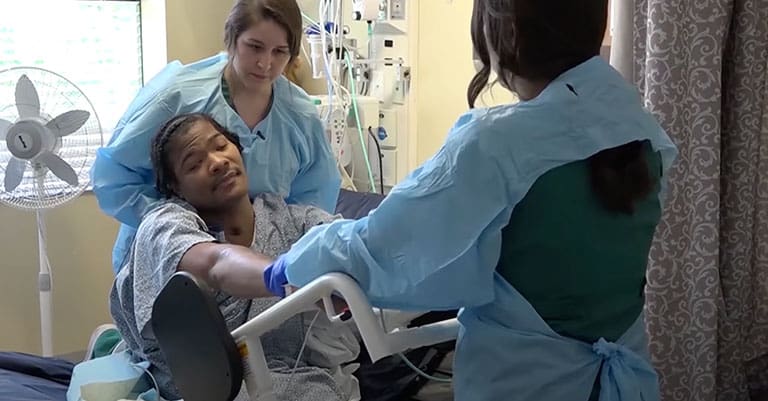Nationally-renowned neuropsychiatrist develops Emerging Consciousness Program.
Nexus Health Systems announces the launch of their Emerging Consciousness Program – also known as The Phoenix Project – for individuals with a disorder of consciousness post-brain injury. Since the program formed in early 2018, over 75% of patients have experienced improved wakefulness after being in a coma or vegetative state for anywhere from weeks to years.
“Our program gives families another option besides life support and death,” Dr. John W. Cassidy, Nexus Founder and Chief Medical Officer, explained. “Many of our patients are given minimal chances to live, let alone further heal and wake up.”
Pediatric and adult patients admit to The Phoenix Project in a coma or vegetative state after a brain injury acquired from a catastrophic event. Common occurrences include motor vehicle accident, gunshot wound, industrial accident, hemorrhage, drug overdose and near drowning. Once patients are admitted and evaluated, the team deploys individualized neuropharmacological treatment plans to draw patients out of unconsciousness and accelerate cognitive, functional and behavioral capabilities.
“As many patients emerge into consciousness, they reach many milestones including waking up for the first time, saying their name, signaling thumbs up, tracking an object or person and following commands,” Catherine Worley, nurse practitioner, said. “As they progress, early stages of rehabilitation support the redevelopment of skills that enable their performance of activities of daily living like bathing and feeding.”
Throughout the program, patients are assessed to determine the next steps in the process. Oftentimes, patients are good candidates to continue participation in Nexus’ neurocontinuum at the community-based Neurorecovery Center. Once transferred, physical, occupational, speech and vocational therapies are tailored to patient goals. In other cases, individuals may discharge to an acute rehabilitation facility, skilled nursing facility, or home.
“This program was developed to meet the needs of an underserved population,” Cassidy said. “It’s important for our team to utilize our abilities to emerge patients and return them to lives of productivity and meaning.”

